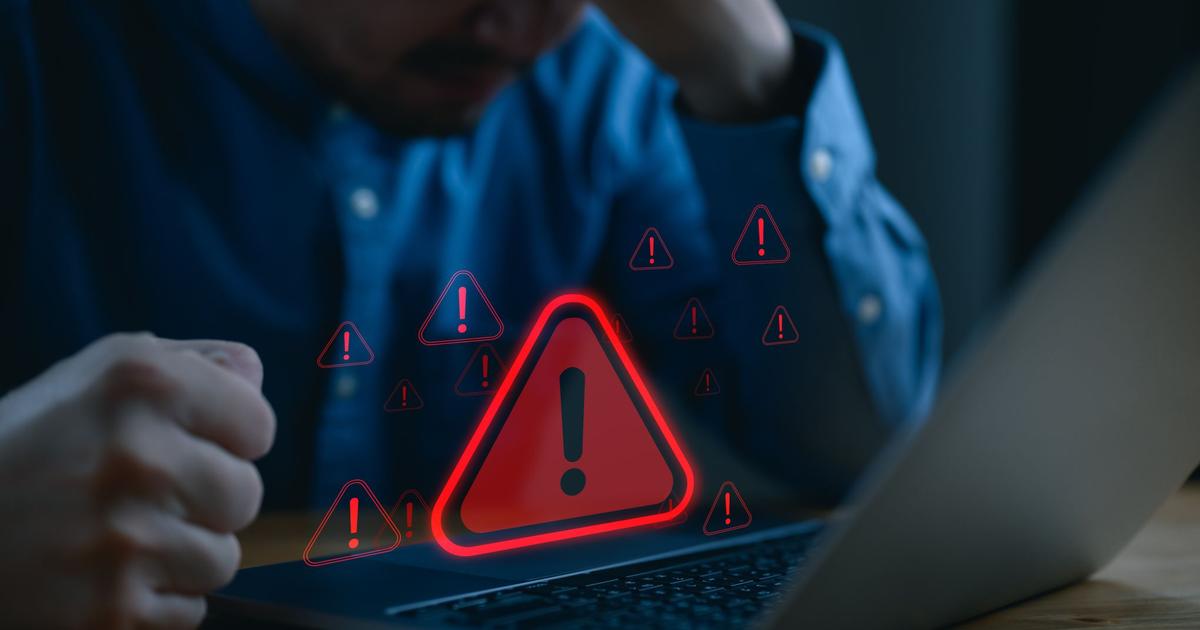07/04/2021 1:24 PM
Clarín.com
Police
Updated 07/04/2021 1:24 PM
Complaints for
virtual scams
made in the Ombudsman's Office of the city of Buenos Aires
grew by 200%
since the social, preventive and compulsory isolation (ASPO) was decreed at the end of March 2020.
"There was a
noticeable increase
since the beginning of the ASPO, where online activities increased significantly and with it their respective threats and risks," explained Arturo Pozzali, deputy advocate and advocate for the Banking Client.
Through mechanisms such as
stealing home
banking access codes
or credit card data
, cybercriminals found various ways to disrupt the digital security of banking companies.
"The most common scams happen through
apocryphal accounts, social networks, emails or phone calls
, armed with the idea of confusing and that people place or manifest their personal data and in this way, steal their identity," added Pozzali in a statement.
In addition, from the Ombudsman they warn that many of these complaints are linked to the modality called "phishing".
"
It is the story of the uncle evolved to '2.0'
. They are accounts in social networks or emails with the same characteristics as the official ones, but with small possibly imperceptible differences, where you put your data, your passwords, your emails and a group of people it gets hold of that data, steals it and manages to enter homebanking and carry out operations, "warned Pozzali.
On June 24, the Ministry of Internal Trade
fined two banking entities -
Santander and BBVA - for considering that they failed to comply with the obligation to guarantee the security of their clients' personal data, accounts and financial interests.
For María Julia Giorgelli, deputy coordinator of the Center for the Protection of Personal Data of the Ombudsman's Office, the fundamental thing is
not to disseminate on the internet or the address, or name, or surname,
and not to deliver information from third parties.
"The important thing is to check that they are
secure, official and verified pages
. In addition, it must be taken into account that banks today work in a particular way, you have to ask for shifts, so it is not common, nor usual, for banks to call for ask for our codes and our data, "he explained.
With information from Télam
DD
Look also
Safe Internet Day: what are the daily actions that put your privacy at risk
What are the most common scams on the web and what to do to avoid falling into the trap
They warn of a new WhatsApp scam








